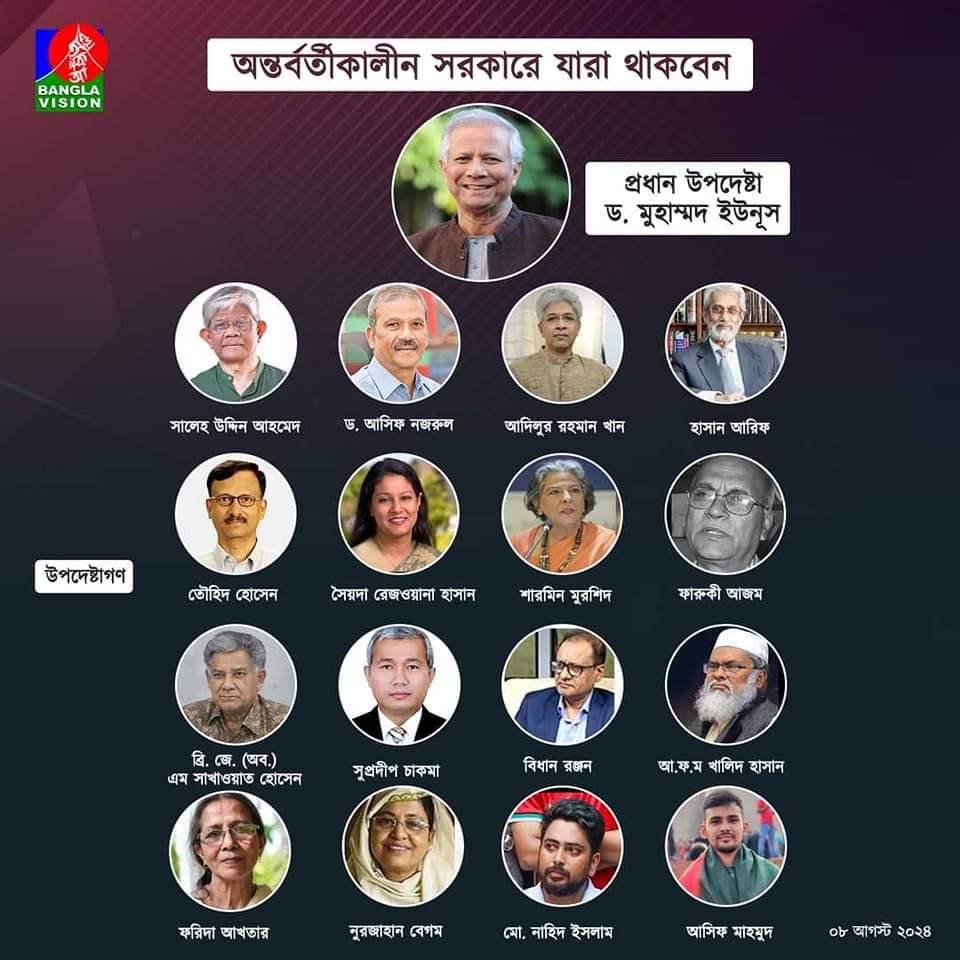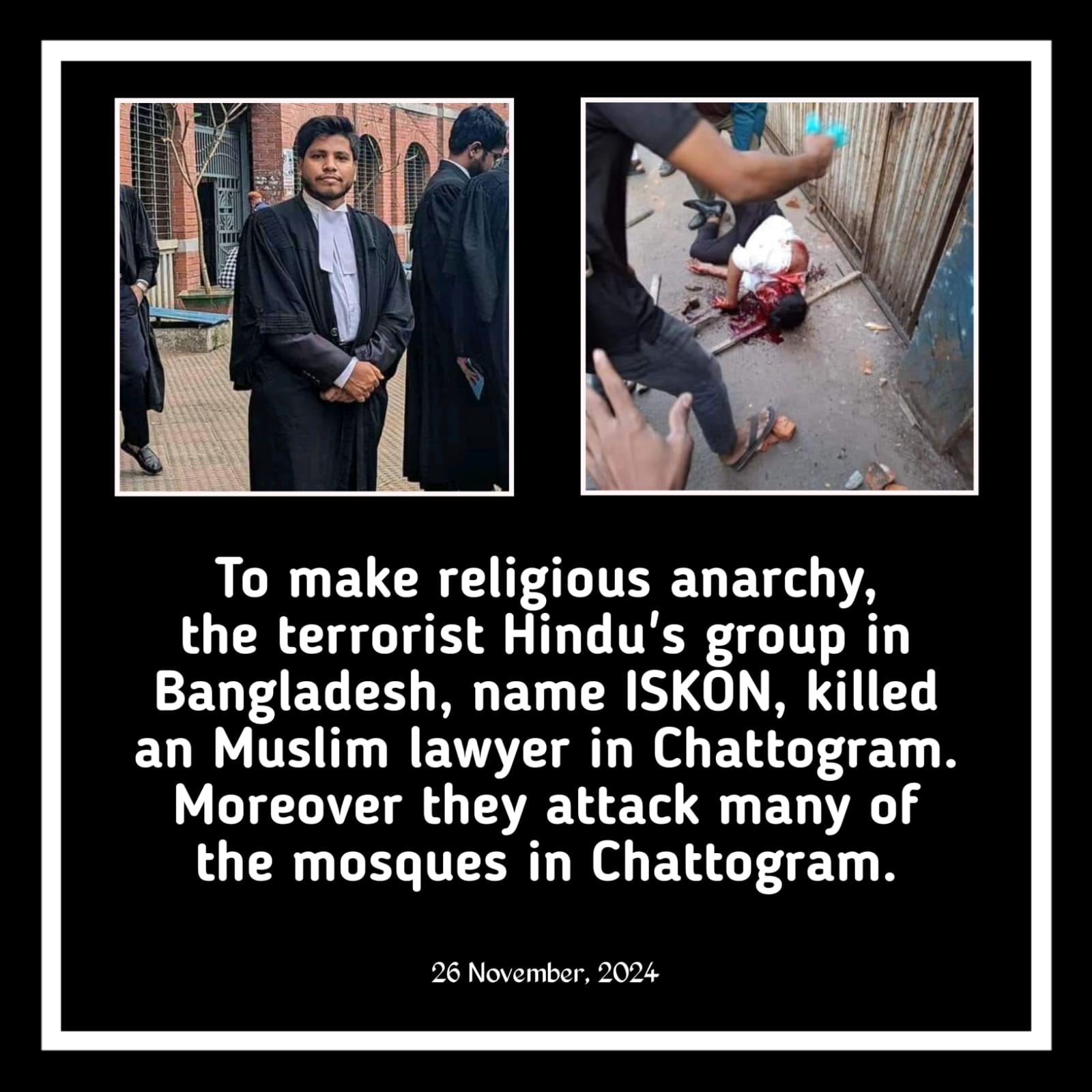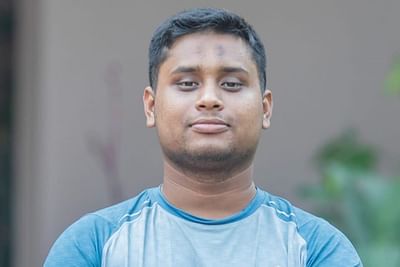In the face of a mass student uprising, Sheikh Hasina’s government fell on August 5. Three days later, on August 8, an interim government was formed, appointing Nobel laureate Dr. Muhammad Yunus as the Chief Advisor. This interim government consists of 21 members, including two coordinators from the anti-discrimination student movement, Nahid Islam and Asif Mahmud. Additionally, there are two special assistants to the Chief Advisor and a special envoy for international affairs. The interim government has taken several decisions and actions in various sectors such as human rights, the economy, administration, police, and law and order. Some significant developments from the first month include:
Human Rights:
It was decided to withdraw the criminal cases filed to suppress the student-public uprising from July 1 to August 5. There was also a decision to withdraw false and harassing cases under the Anti-Terrorism Act and the Cyber Security Act. An investigation into the deaths during the uprising will be conducted through the United Nations, and a commission has been formed to investigate incidents of enforced disappearances. Bangladesh signed the International Convention against enforced disappearances.
The government also decided to establish a foundation to support the families of those killed or injured in the student uprising. Furthermore, the UAE’s president pardoned all 57 Bangladeshis convicted over a protest in the UAE, following a request from Chief Advisor Dr. Yunus.
Parliament, Judiciary, and Election Commission:
On August 6, President Md. Shahabuddin dissolved the 12th National Parliament. On September 2, Speaker Shirin Sharmin Chaudhury resigned. On August 10, Chief Justice Obaidul Hassan and five justices from the Appellate Division resigned, with Syed Refaat Ahmed being appointed as the new Chief Justice. On August 8, senior Supreme Court lawyer Md. Asaduzzaman was appointed as Attorney General. On September 5, the Election Commission, led by Chief Election Commissioner Kazi Habibul Awal, resigned.
Politics:
On August 6, BNP Chairperson Khaleda Zia was released through an executive order. On August 28, the ban on Jamaat-e-Islami and its affiliate organizations was lifted. On September 5, the government announced that fascist parties or alliances would not be rehabilitated until their trials were concluded.
Finance and Anti-Corruption:
The boards of directors of 10 banks and one financial institution were restructured, nine of which are owned by the S. Alam Group. Bank accounts of many former ministers, MPs, pro-Awami businessmen, police, and military officials were suspended. The dollar was allowed to float more freely. The management of mobile financial service provider Nagad was dissolved, and an administrator was appointed. Committees were formed to investigate irregularities in 12 companies, including Beximco and La Meridian Hotel. The CID is investigating money laundering allegations against Beximco, S. Alam Group, and Chowdhury Nafiz Sarafat. The Anti-Corruption Commission has started probing influential individuals linked to the previous Awami League government. A white paper on the current economic situation is being drafted, and a new governor was appointed to Bangladesh Bank.
Administration and Local Government:
On August 19, all Upazila chairpersons, district council chairpersons, city corporation mayors, and municipal mayors were removed and replaced with administrators. On August 12, all contract-based appointments were canceled, with some new contract appointments later made.
All government employees were ordered to submit their asset declarations by September 1. Changes occurred in top positions in both public administration and the police. There were promotions for deputy secretaries, joint secretaries, and additional secretaries. Twenty-five district commissioners were withdrawn.
Law and Order:
Twenty-four individuals, including former ministers, MPs, police officers, and advisors, were arrested in connection with the violence during the mass movement. A special operation to recover illegal arms began on September 4.
Energy and Power:
Electricity and gas prices will now be determined through public hearings rather than executive orders. A committee was formed to review contracts in the power and energy sectors. No new contracts will be made under the Quick Enhancement of Electricity and Energy Supply (Special Provision) Act, 2010.
Health Sector:
A committee was formed to assist families of those injured or killed in the uprising. A 12-member expert committee was established to propose reforms to the health system, improve the quality of care, and strengthen the healthcare infrastructure. A notification was issued on September 3 to this effect.
Education Sector:
Schools have resumed academic activities. On September 1, the Ministry of Education issued guidelines on the curriculum, reintroducing science, humanities, and commerce streams at the secondary level. However, the situation in higher education remains stagnant. The UGC chairman and vice-chancellors of seven universities, including Dhaka University, were appointed. The Education Advisor urged an end to forced resignations and harassment of teachers. On August 20, following student protests within the Secretariat, the government canceled the postponed HSC and equivalent exams.
Environment:
The plan to build a BFF technical center in the reserved forest of Ramu was canceled. The government decided to create a full list of rivers within two months. In addition, 64 rivers in 64 districts were identified for eviction of illegal encroachers.
Sports:
On August 21, Nazmul Hassan stepped down as President of the Bangladesh Cricket Board (BCB), and former national team captain Faruque Ahmed replaced him. The presidents of several other sports federations were also removed.
Executive Orders and Decisions:
On September 5, it was decided to turn the Ganabhaban into the “July Uprising Memorial Museum.” On August 29, the Advisory Council approved the draft of the “Father of the Nation’s Family-Members Security (Revocation) Ordinance, 2024,” which would end the special security privileges for former Prime Minister Sheikh Hasina and other members of Bangabandhu’s family.
On August 13, the Advisory Council’s meeting decided to cancel the general holiday on August 15, National Mourning Day. On September 4, a legal framework was proposed for naming state-funded institutions or establishments, and an advisory committee was formed for this purpose. On the same day, Chief Advisor Dr. Muhammad Yunus directed secretaries to adopt reform programs at all levels of government.










